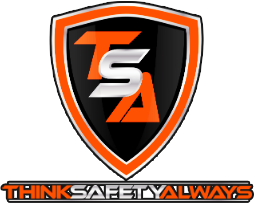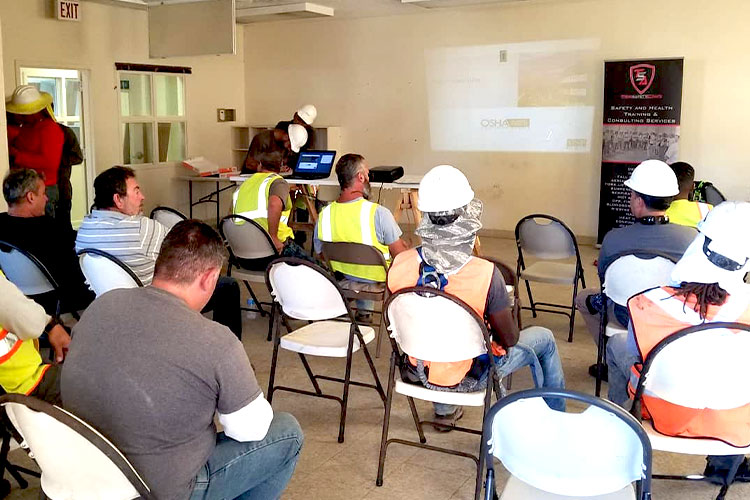In the fast-paced world of warehouses and distribution centers, the efficient movement of goods is crucial. Electrical pallets have become indispensable tools in this process, streamlining operations and increasing productivity. However, with great power comes great responsibility, and ensuring the safety of workers operating these electrically powered pallets is paramount. In this blog, we’ll delve into the importance of electrical pallet safety training and how it plays a crucial role in creating a secure working environment.
Understanding the Risks:
Electric pallets, also known as powered pallet jacks or electric pallet trucks, are designed to make material handling more efficient. However, the very features that make them efficient can also pose risks to workers if not handled properly. Electrical components, moving parts, and the potential for accidents, such as collisions or tip-overs, underscore the importance of comprehensive safety training.
The Need for Electrical Pallet Safety Training:
Risk Mitigation:
Electrical pallet safety training is not just a regulatory requirement; it’s a proactive measure to mitigate the risks associated with operating electric pallets. Workers need to be educated on potential hazards, including electrical shocks, collisions, and improper use of equipment.
Operational Efficiency:
Well-trained operators are more efficient. Training equips them with the knowledge to operate electric pallets confidently and effectively, minimizing the chances of errors and accidents. This, in turn, contributes to smoother operations and increased productivity.
Compliance with Regulations:
Regulatory bodies often mandate safety training for personnel operating powered industrial trucks, including electric pallets. Adhering to these regulations not only ensures a safe workplace but also protects the organization from legal consequences.
Components of Electrical Pallet Safety Training:
Theory Sessions:
Understanding the principles of electric pallet operation is crucial. Theory sessions should cover topics such as the anatomy of electric pallets, basic electrical safety, and the importance of following operational guidelines.
Practical Training:
Hands-on experience is invaluable. Practical training sessions should simulate real-world scenarios, allowing operators to familiarize themselves with the equipment, practice safe handling, and respond to emergencies.
Emergency Response Protocols:
Knowing how to react in case of emergencies can make the difference between a minor incident and a major accident. Training programs should include emergency response protocols, covering actions to take in the event of electrical malfunctions, collisions, or other unforeseen situations.
Regular Refresher Courses:
As technology evolves and workplace dynamics change, regular refresher courses keep operators up-to-date with the latest safety protocols. Continuous learning is essential in maintaining a culture of safety within the workplace.
Think Safety Always
Electrical pallets have revolutionized material handling, but their power also necessitates a strong commitment to safety. Electrical pallet safety training is not just a box to check; it’s an investment in the well-being of workers and the overall efficiency of warehouse operations. By prioritizing comprehensive training programs, organizations can create a workplace where operators confidently navigate the challenges of electric pallet operation, ensuring both safety and productivity. Remember, a shock-free workplace is a more productive workplace! Check our electrical pallet Jack safety training course!





